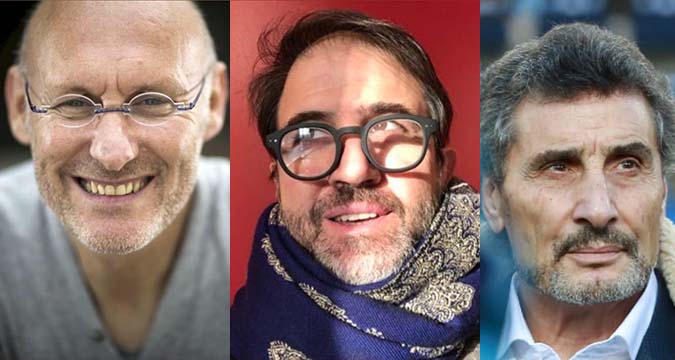 Rugby League World's regular Treiziste Diarist, Pierre Carcau, assesses a key difference between the two rugby codes in France.
If you are a Rugby League addict and didn’t follow the recent events in French rugby union, well you are of course forgiven. League has its own issues: no use looking for other problems elsewhere!
Yet if you are no
Rugby League World's regular Treiziste Diarist, Pierre Carcau, assesses a key difference between the two rugby codes in France.
If you are a Rugby League addict and didn’t follow the recent events in French rugby union, well you are of course forgiven. League has its own issues: no use looking for other problems elsewhere!
Yet if you are no Codes of difference in France
 Rugby League World's regular Treiziste Diarist, Pierre Carcau, assesses a key difference between the two rugby codes in France.
If you are a Rugby League addict and didn’t follow the recent events in French rugby union, well you are of course forgiven. League has its own issues: no use looking for other problems elsewhere!
Yet if you are no
Rugby League World's regular Treiziste Diarist, Pierre Carcau, assesses a key difference between the two rugby codes in France.
If you are a Rugby League addict and didn’t follow the recent events in French rugby union, well you are of course forgiven. League has its own issues: no use looking for other problems elsewhere!
Yet if you are no 